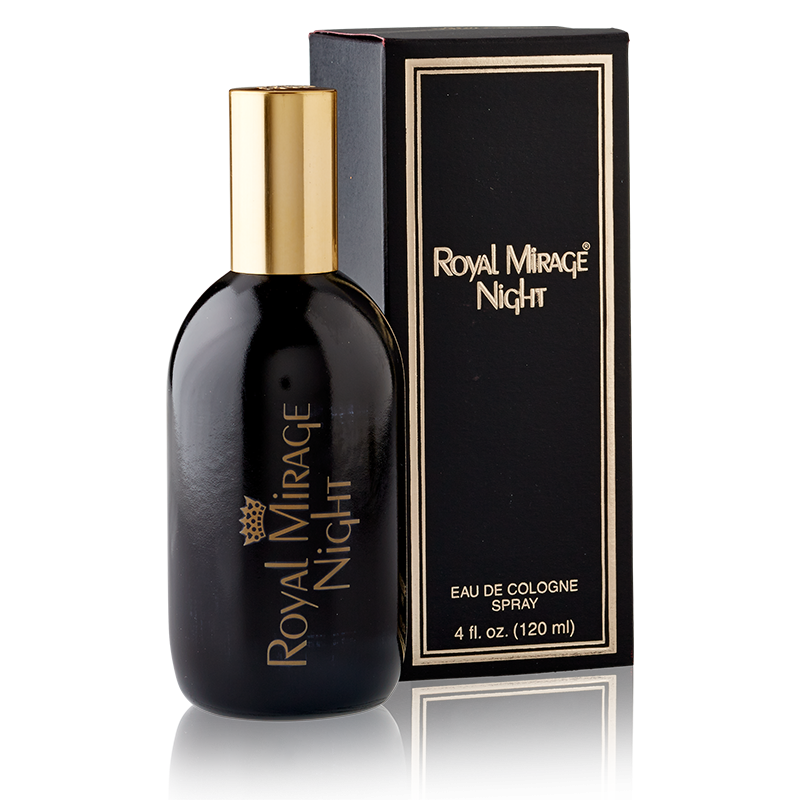Are you plagued by a toothache? Are you experiencing discomfort in your mouth that’s affecting your daily life? Depending on the cause of your discomfort, a dental filling may be to blame.
As time goes by, tooth decay can worsen, causing more damage to the tooth, and therefore your mouth. Take comfort in the fact that fillings are one of the best ways to treat tooth decay and bring you relief.
But when is the dental filling time to be replaced? Keep reading for our guide on when to replace dental fillings.
Dental Filling is Cracked
If a dental filling is cracked, contact your dentist immediately to have the filling replaced. The dentist can replace the cracked filling with a new one, which will provide better protection. It will also improve the overall appearance of the tooth.
If the tooth filling is left unchecked, the crack can provide an opening for bacteria and plaque to enter the tooth, leading to infection. This can cause more damage and lead to a root canal.
Dental Filling is More Than 5 Years
Dental filling typically lasts more than 5 years but depends on how big the filling is and the patient’s dental care. Over time, fillings can weaken as a result of wear and tear caused by chewing, drinking, and the like. Once a filling starts to become loose or fractured, it can be susceptible to further deterioration.
Replacing dental fillings promptly will help to keep your teeth healthy and functioning properly. Additionally, it is important to visit your local dentist office regularly to ensure that old fillings are checked and replaced if necessary.
Experienced Significant Wear
Significant wear may appear as chipping or cracking, or if the filling feels unusually uneven. If a filling is in poor condition, it should be replaced to prevent the progression of larger problems, such as tooth decay.
Visits to the dentist should occur regularly so that they can evaluate the condition of the filling and replace it, if necessary. To prevent the need to replace fillings frequently, it is important to brush and floss regularly and practice good oral hygiene.
Noticed Tooth Sensitivity and Pain
When tooth sensitivity or pain is noticed, it could be a sign of a failing tooth filling. Severe or recurring tooth sensitivity or pain should prompt a visit to the dentist, who can confirm whether a new filling is needed.
Additionally, extreme temperature sensitivity, facial swelling, and an unusual taste in the mouth can indicate that a filling needs to be changed. It’s best to replace fillings as soon as possible to prevent further damage to the tooth, reduce pain and maintain oral health.
Maximizing the Longevity of Your Dental Fillings
Dental fillings are essential for repairing damage to teeth, protecting them from further decay, and restoring them to proper function. If a filling is cracked, worn, or causing problems, it’s best to replace it as soon as possible. If you suspect your filling may need to be replaced, contact your dentist for an evaluation.
Did this article help you? If so, take a look at some of our other blog posts for more informative reads.
James Martin is a passionate writer and the founder of OnTimeMagazines & EastLifePro. He loves to write principally about technology trends. He loves to share his opinion on what’s happening in tech around the world.



